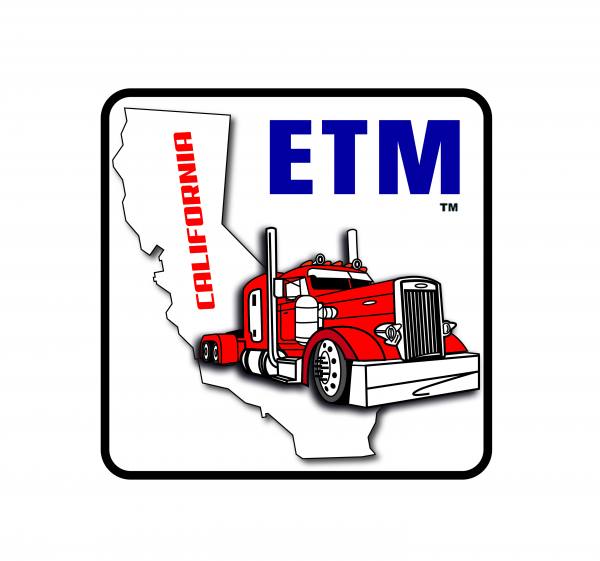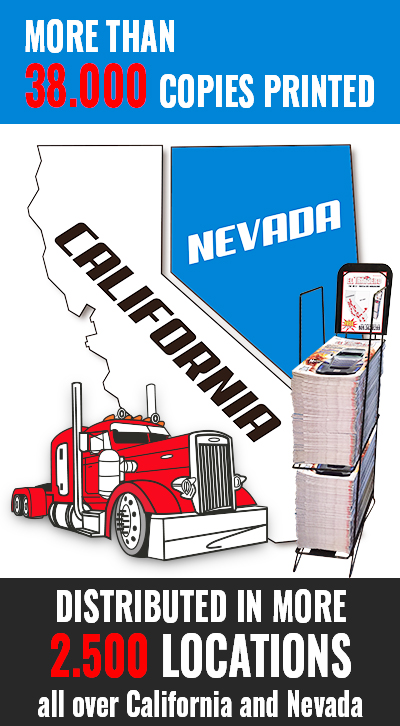 |
|
 |
Get our FREE |


In August, the U.S. trucking industry faced an unexpected setback: Secretary of State Marco Rubio announced the temporary suspension of work visas for foreign truck drivers. According to the federal government, the measure is intended to protect local jobs and address public safety concerns.
The decision, however, comes at a critical time. The sector is already struggling with a shortage of more than 80,000 drivers, according to the American Trucking Associations (ATA). This lack of workforce impacts supply chains, raises transportation costs, and causes delivery delays nationwide.
Visa programs, such as the H-2B, have served as an important option to fill vacancies in states with high demand from ports and agriculture. Industry leaders warn that without this temporary labor, it will be harder to meet demand during peak seasons, particularly the end-of-year rush.
Transportation organizations are urging the government to reconsider the measure and to propose solutions that balance the protection of U.S. jobs with the logistical realities faced by fleets. Without adjustments, the suspension could worsen the driver shortage and increase pressure on small carriers and independent truckers.
The debate over security, immigration, and the trucking economy remains open, while companies and drivers wait for clarity on the future of the workforce that keeps America’s highways moving.
Every October, the Commercial Vehicle Safety Alliance (CVSA) teams up with the California Highway Patrol (CHP) to conduc...
read more...Long hours behind the wheel, the loneliness of the open road, and overnight stops at remote truck stops can push many dr...
read more...The Federal Motor Carrier Safety Administration (FMCSA) has announced two pilot programs aimed at exploring more flexibi...
read more...The California Air Resources Board (CARB) has approved a set of emergency regulations to maintain certainty in the new-v...
read more...

